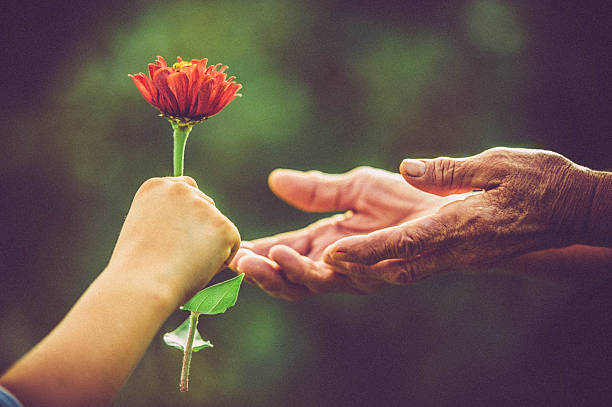In Illness, Re-rooted
“The love of the beauty of the world…involves…the love of all the truly precious things that bad fortune can destroy. The truly precious things are those forming ladders reaching toward the beauty of the world, openings into it.”
Simone Weil
The farm stand around the corner has reopened after the long siege of our shutdown – garden plants and pots, organic greens, small tents set up for the weekly CSA, and in the distance the lovely discipline of rows of chard and kale, the random sprinkling of hives.
Nature’s rhythms and ours are being restored. Those who, like me, have been coming here for years are so grateful, the masks and 6-foot distancing at checkout are a small price to pay.
Perhaps because I’ve been seeing a lot of spiders this spring, the idea of webs has been on my mind. And because of a very special phone conversation this past week with old high school friends, the notion of roots. After four months of relative seclusion I can safely say that if the pandemic temporarily tore our webs to shreds like the swift kick of a broom, it has deeply nourished our roots.
Gone in a flash, the daily rounds with neighbors by the curb, acquaintances at the bus stop, the CVS clerk, the dry cleaner who knows how we like our collars, the coffees and playground meet-ups and parking lot greetings.
Sure, we’ve adapted — brilliantly, if exhaustingly – via zoom.
But for myself and many I know, the dismantling of so much “foreground” has opened up a vast opportunity for reaching out and going deeper with family and friends, those who long ago formed the strata of our present life, and which, sadly, many of us have neglected as we’ve spun our intricately busy webs.
For the first time in five years, we’ve spoken to my husband’s 92 year old uncle in Chicago. We have zoom-tailed with siblings in Virginia, hosted a rollicking graduation celebration for my nephew in western New York. In a way that the annual rituals of Thanksgiving gatherings hadn’t of late, the virus has caused us to renew familiarity with the grain and groove of our loved one’s days. It has enhanced my sense of roots and belonging, even healing some of the distance our fast-paced lifestyles bred without our even noticing.
This feels like exercising an old muscle, and it feels good — healthy, fulfilling, joy-filled.
Last week, when my old high school chums — “the ladies” — as we call ourselves, zoomed from our various corners of the country, we instantly fell into the old memes. We know every story the — the difficult parents, children’s foibles and triumphs. We have lived through divorces, affairs, burying classmates and siblings, the arrival of grandchildren, the prospects of retirement, in a way no one else in our lives has. We trust one another’s judgments. We can even look at the furnishings behind one another and remember when we sat in those dining rooms with the same objects — even, in their parents’ dining rooms before that.
The pandemic has given new life to our roots. Those roots, I mean, that grow long and intertwined beneath the surface, out of sight of the showy flowers and tomatoes and green beans. Those roots that do the essential work of holding the soil and continuing to nourish it for the new generations of plants to come.
I’ve always loved the gospel story in Matthew (13:18-23) in which Jesus describes the seeds sown on various grounds and the outcomes that result in each case: those sown on rocky ground inspires one whose lack of roots cause insight to last but an hour or a day. Those sown among the anxious has no chance against distractions (don’t we know this one?). But the seeds set down in the quiet dark of rich soil “bears fruit,” we are told and “yields a hundred or sixty or thirtyfold.”
These are odds that I like. The lesson rings very true.
Roots are good.
What can be more precious, more essential, that those roots that form our finest ladders into the world — its gladness, grace and beauty?





No Comments